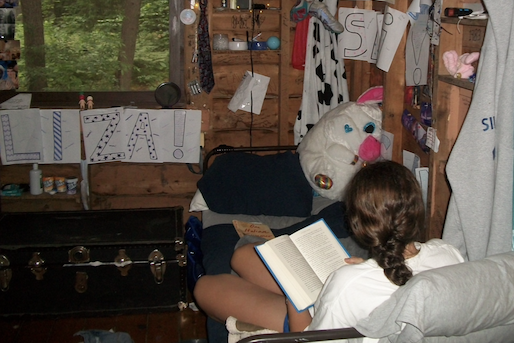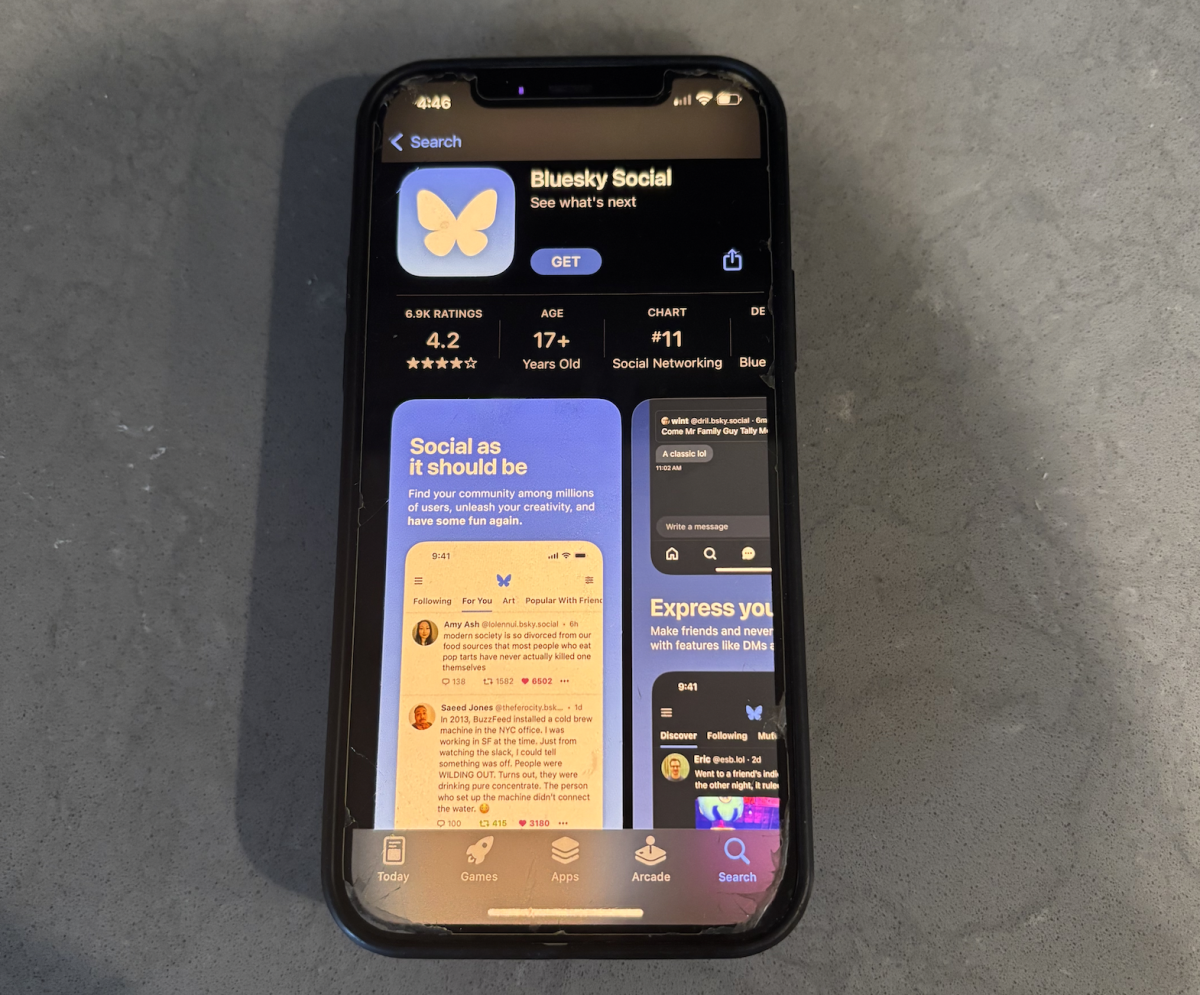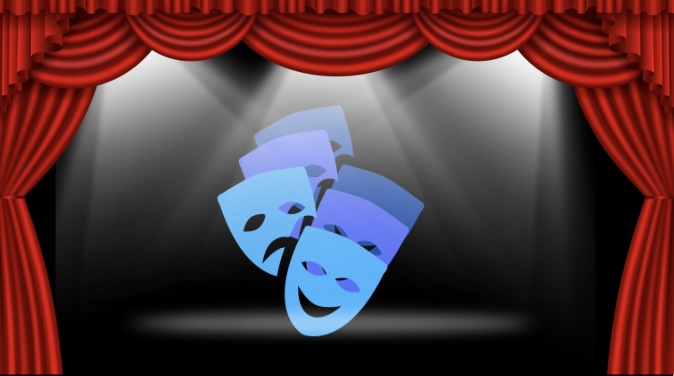
As someone who all too easily gets overly attached to characters and storylines, I’ve endured some hardcore “book hangovers.” If what I’m saying is nonsense to you, let me clarify: an affliction many avid readers have endured, the phenomenon of a “book hangover” is slang to describe being unable to move on from a book. Despite the negative connotations of a “hangover,” “book hangovers” can be positive. They indicate a love for the book you were so invested in. The atmosphere of a novel makes it bittersweet to move on. Nonetheless, “book hangovers” SUCK, so, as the self-designated expert, here are my go-to cures.
Personally, the most brutal “book hangover” I’ve endured thus far can be blamed on Tamara Ireland Stone for the rollercoaster that is “Every Last Word.” Post-plot twist, I reread the novel twice before accepting my fate and resigning myself to a mediocre short story to ease my troubles.
My first suggestion to cure “book hangovers” is to reread the book. This might be counterproductive to the recovery process, but if I find myself not only unable to but also not wanting to move on, I find rereading the book helps soothe that distress. In this reread, it was helpful to tag my favorite pages or moments, which also makes it look cooler sitting on the bookshelf (personally, an added bonus).
When it feels like whatever you read next couldn’t possibly top the book you’re getting over, go back to your roots and reread a comfort book. Revisiting an all-time favorite reminds us there will always be more favorites to be discovered. For me, that comforting book would be Jennifer Niven’s “All the Bright Places.” Despite my lack of surprise from the book’s plot twists, the novel is an enjoyable and comforting read. My past self’s annotations also happen to severely concern me, but that’s beside the point.
Contrarily, it may be helpful to indulge in a quick, lighthearted read. A “can’t put down” fast-paced read helps force you back out there and ease back into routine reading. Perhaps an easy-to-skim graphic novel can serve as a cure. “This One Summer” and “Heartstopper” are two of my favorite colorful, breezy graphic novel reads to rip off the “book hangover” bandaid.
Personally, lighthearted reads are not my forte; my favorite books have a common theme of being absolutely heart-wrenching. So, instead, I’d recommend switching genres. Go out of your comfort zone. After suffering from a particularly grueling “book hangover” I blame John Green for, I declared myself done with sad books (lie), and I promised I would never put myself through another tragic love story (another lie).
In this (albeit brief) break, I turned to the highly recommended series by Leigh Bardugo: “Shadow and Bone.” Despite my previous disdain for the fantasy genre, Bardugo’s books salvaged my perception of fantasy novels. I fell down a rabbit hole of her works, and the “Shadow and Bone” spin-off, “Six of Crows,” climbed its way up my favorite books ranking. Full disclosure, there were some tears shed from this series — it was, in fact, NOT a break from heartbreaking endings.
Due to this relapse of sad novels, I fell into yet another “book hangover.” So I decided to use another cure: pulling a friend down to join me in my wallowing. I raved about the book in hopes of influencing them to read it. Having someone to rant with and bond over the shared experience of the book helps retroactively maintain your connection to it and lift some emotions off your shoulders. A book I will never stop recommending to friends and could talk about for hours is the severely underrated “Alex, Approximately.”
If something in your book stylistically struck you, then I recommend researching the authors themselves and possibly delving into other works of theirs. An author who has consistently put me in and got me out of “book hangovers” is the writing duo Christina Hobbs and Lauren Billings under their pen name, Christina Lauren.
Hopefully, these tricks will help you efficiently recover from a “book hangover.” Although staring at the wall until the initial dread wears off may seem unproductive, mourning a good read means you were lucky enough to connect with the novel on a deeper level to become truly lost in the story. Heartache and all, this attachment gives life experience and tools that develop your character. These all-consuming reads are, without a doubt, worth the hangover.










Shalyn Tharayil • Jan 5, 2024 at 9:11 am
I relate to this so much! Thank you for sharing and putting this feeling into words!
Priya Nambiar • Dec 11, 2023 at 8:06 am
Madeleine, Thank you for writing this! I never knew there was a definition to how I felt after some books. You made me realize that it is actually a “thing” to feel this way. And I loved the book “Every Last Word”. I may just re-read it per your suggestion! Thank you.